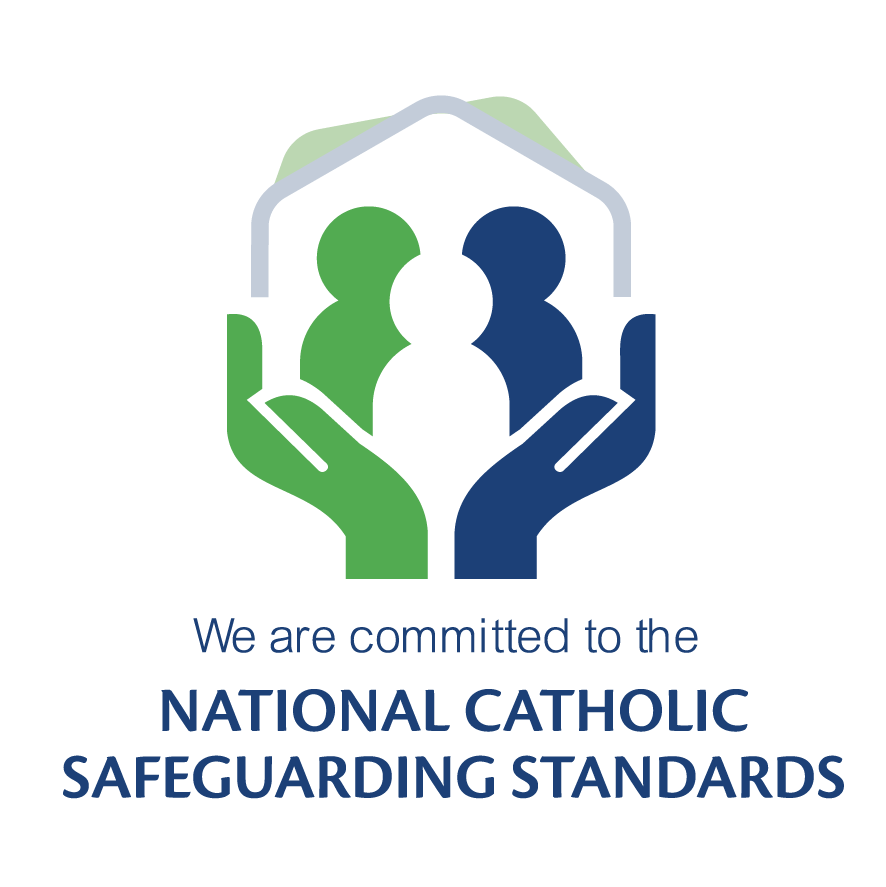Catholic Education’s Senior Student Protection Officer Ann Barr and Professional Standards Officer Jenny Pardilla are set to present at the Positive Schools 2020 Mental Health and Wellbeing Conference. We spoke to Ann about the presentation and the submission process.

What is the 2020 Positive Schools Conference?
The Positive Schools conferences support the development of positive schools and colleges through the sharing of evidence-based solutions and strategies, and personal stories and experiences. The conferences welcome all educators, school leaders and allied health professionals from primary and secondary education. It is Australia’s premier positive education conference focused on mental health and wellbeing.
A Positive School is a school or college that actively prioritises and supports the wellbeing, engagement and social-emotional learning of every member of the school or college community. A Positive School supports both contextual wellbeing and individual wellbeing ideas and strategies with a unified and comprehensive approach to creating thriving school communities. The conferences are supported by the University of Western Australia, University of Cambridge (Wellbeing Institute), Berry Street Childhood Institute, Institute of Positive Education and the Alannah & Madeline Foundation.
What are you presenting at the 2020 conference?
Name of Presentation: Supporting the Whole Student: Boosting Educational Outcomes for Students in Out of Home Care (BOOST)
An inter-agency response to support young people in Out of Home Care (OOHC) was identified as a priority by the Deputy Director-General, Child Safety following the Carmody Inquiry. The inter-agency response group that was formed was named BOOST.
BOOST brought together senior leadership from the Department of Child Safety, Department of Education, Office of the Public Guardian and Cairns Catholic Education. Once formed, BOOST identified a regional landscape by analysing data sets collected from each represented organisation. This analysis revealed significant differences in educational achievements between students in OOHC and non-OOHC students.
Since 2016 the key strategic direction of BOOST has included:
- Tracking and supporting students entering Prep
- Increasing attendance for students in residential care
- Improving educational trajectory and reducing student disciplinary instances in Year 8
- Encouraging greater financial support for educational expenses
- Developing enrolment protocols
- Developing and improving interagency relationships
What was the submission process like?
The submission process was quite rigorous which included a five-page submission on the work we wanted to share, how BOOST was formed and why. It also highlighted the recent Education Forum held by BOOST – #BetterTogetherforBrighterFutures where Child Safety and Education sectors spent a day developing working relationships, planning for future collaborations and identifying obstacles to engagement. We were also required to provide information on our professional experience. Once the submission was accepted we needed to provide a detailed outline of the content of our presentation. We have been allocated a 75-minute workshop session at the Queensland conference. Our presentation includes Jenny and I representing Cairns Catholic Education, with Education QLD, Child Safety, and the Office of the Public Guardian also representing their respective organisations.
Part of the success of our submission is that we have members from a number of different organisations, who are all committed to improving educational outcomes for children in out of home care. We are a group that, as far as we are aware does not exist anywhere else in Australia also. There have been additional positives from the work that also supports all students, not just students in out of home care, such as identification and sharing of resources and developing an awareness of organisational structures and student supports available.
Find out more about Positive Schools.




